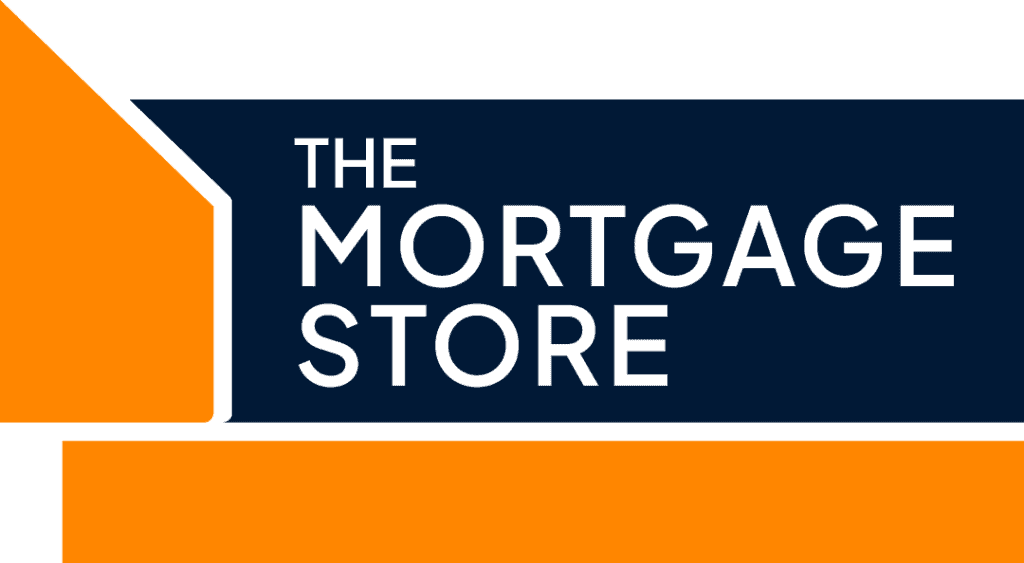Buy-to-Let Mortgages for the Self-Employed
- Expert Mortgage Advisers
- Thousands of Mortgage Products Available
- See if we can help you find the right deal.
Get in touch for a free, no-obligation chat with an adviser about how we might be able to help.
Home » Self Employed Mortgages » Buy-to-Let Mortgages for the Self-Employed
What are the features of a Buy to Let Mortgage?
Buy to Let mortgages are intended solely for the purchase of rental properties, so they vary from a Standard Residential Mortgage in a number of ways. Buy to Let mortgages predominantly use an interest-only method of repayment and arrangement fees can often be higher than for other mortgage types, due to the commercial nature of the purpose.
It’s important to note that you will not be able to live in a property purchased using a Buy to Let mortgage, even whilst it is vacant or you’re renovating. The Financial Conduct Authority also doesn’t regulate this type of mortgage, unless the property has been purchased with the intent of renting it to close family members only.
Buy to Let mortgages have some considerations that most but not all lenders require as part of their mortgage offer, requiring applicants to:
- Be a homeowner / have an existing mortgage
- Have a minimum income of £25,000
- Have a 25% deposit requirement
- Have a strong credit score
- Repay the mortgage before the age of seventy
- You may also have to undergo a financial stress test for personal affordability, even where there is no minimum income requirement
What should you consider when buying to let if you’re self-employed?
Although self-cert mortgages are a thing of the past, the good news is that the mortgage industry is increasingly receptive to self-employed applicants, with some specialist lenders offering mortgages, including Buy to Let products, solely to self-employed applicants.
As a self-employed applicant, your considerations are largely the same as any other applicant, such as, how you will maximise your investment, and what type of tenants or property will allow you to easily afford the mortgage repayments.
Landlord protection policies are also an essential consideration, as it’s important that you are able to maintain the repayments when you experience a period of vacancy, which is to be expected with all rental properties.
Buy to Let as an individual or through a Limited Company?
Some landlords will benefit from the use of a Special Purpose Vehicle to purchase their self-employed Buy to Let property. A Special Purpose Vehicle is a Limited Liability company set up specifically to purchase investment properties.
Whether you will benefit more from buying as an individual or Limited Liability Company will depend on your individual circumstances and it’s important to seek out professional tax advice before making this decision.
How will your income be assessed if you’re self-employed?
The documentation you need to provide will depend on the type of self-employment you carry out, however, for a Buy to Let mortgage it is less focussed on personal income, given that mortgages are based on the potential rental yield (income) from your investment property.
Lenders will expect you to be confident that your rental property can achieve 125-145% of the mortgage repayments, so ensure that you do your research prior to the application.
The majority of lenders will still want to carry out a financial stress test on your personal income, particularly for a self-employed mortgage applicant, so you will be asked to provide the following:
Limited Company Directors
Proof of your personal salary and dividends through:
- Two to three years of accounts signed off by a qualified accountant
- SA302 forms
- HMRC tax overview
- Business bank statements
Other self-employed people
Other self-employed people will need to provide some or all of the above, depending on their employment type.
What is Top Slicing?
Top Slicing is where Mortgage Lenders use a proportion of the applicants personal income to top up any shortfall in rental income being generated. For example if the property wasn’t meeting the rental income criteria, but the applicant had enough income then they would use some of the personal income to cover the shortfall on the Buy to Let mortgage amount.
What are the tax benefits / implications?
- You will pay 3% additional Stamp Duty on each property you own, over and above your residential home, that’s worth £40,000+
- Income tax is due on rental income and any profits of sale
- Capital Gains Tax is due on the sale of investment properties
- Basic rate taxpayers may be entitled to claim relief on their tax returns for property repairs, letting agent fees and council tax etc
How can The Mortgage Store help?
With so many Buy to Let mortgage options, it can be difficult to identify those that are better suited to you as a self-employed person. At The Mortgage Store, we can offer a wealth of experienced advice to first time and experienced landlords alike.
Our goal is to not only help you achieve a competitive Buy to Let mortgage that suits your circumstances, but to maximise your long term investment potential.
Your property may be repossessed if you do not keep up with your mortgage repayments. The Financial Conduct Authority does not regulate some Buy to Let Mortgages.
Useful Links
- Remortgage
- Remortgage for Debt Consolidation
- Remortgage for home improvement
- Remortgaging with bad credit
- Remortgaging to release equity
- Remortgaging prior to product expiry
- How does the fluctuating interest rate affect
- Help to buy remortgage
- Mortgage Types
- Documents required
- Insurance
- Media & Insights
- Mortgage Calculator
- Contact
- Conveyancing
- Check my File
Why The Mortgage Store?

Exclusive rates you won’t get directly from lenders

With you every step of the way






